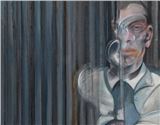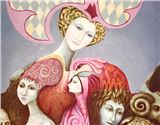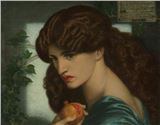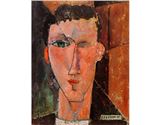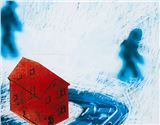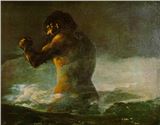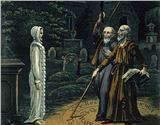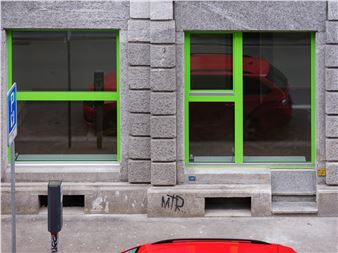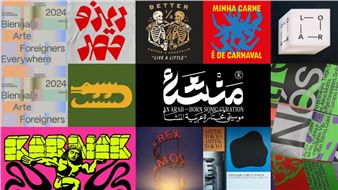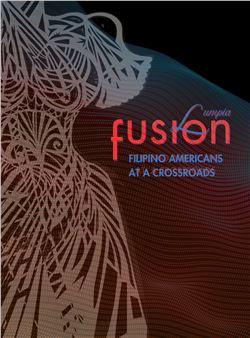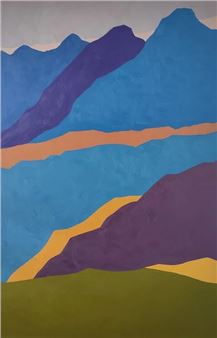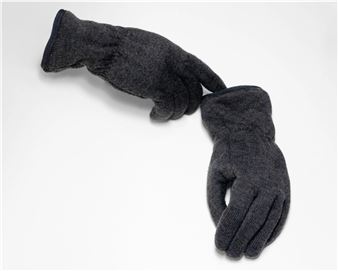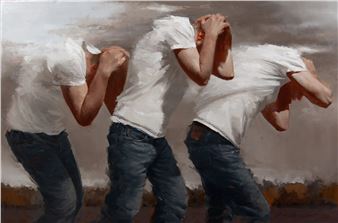D Rosen: Vamp
Vampire Bats shed light on the ubiquity of queerness within human, animal, and more-than-human worlds. Reciprocal feeding is an armature that sustains clusters of Vampire Bat colonies. Queer behaviors include feeding, grooming, and same-sex pair bonding extending beyond normative kinship relations.
States of survival are heavy cloaks under which queer and trans beings estranged from blood families often find ourselves exposed in daylight, burning. Yet Vampire Bats reciprocally feed fellow Bats with whom they are not directly genetically related.
Scientists were curious as to why Vampire Bats engage in such evolutionarily costly and potentially fatal behavior. Vampire Bats cannot survive for more than two days without food. Deepening the confusion, reciprocal feeding appears to bear no direct impact on an individual Bat’s familial or reproductive bloodline.
To test their theories, scientists starved—to be painfully fair, the authors used the word fasted—Bats in labs to gain insights into the benefits of sharing. Is torture necessary to prove that love and sharing make the world survivable? Queer and trans people often survive exclusively through non-normative kinship and care among our fellow nightwalkers.
The Bat biologist Dr. Merlin Tuttle stated that the greatest threat to Bat populations worldwide is human fear. Thousands of Bats are exterminated in a single blaze, burned alive in caves. Humans are afraid of Bats as mythical transmitters of rabies, when in fact, one is ten times more likely to contract rabies from a domesticated Dog than a Bat.
Given the number of anti-trans bills over the last three years, I would argue that in the United States, like Bats, one of the greatest threats to the survival of queer and trans humans is human fear.
The transmissibility of zoonotic diseases quickly reminds humans how truly animal we are, how fragile we are, and how easily we may disappear. Yet, if the light is turned to highlight a gentler angle, we may see the beauty of interconnection outlined by our porous animal bodies.
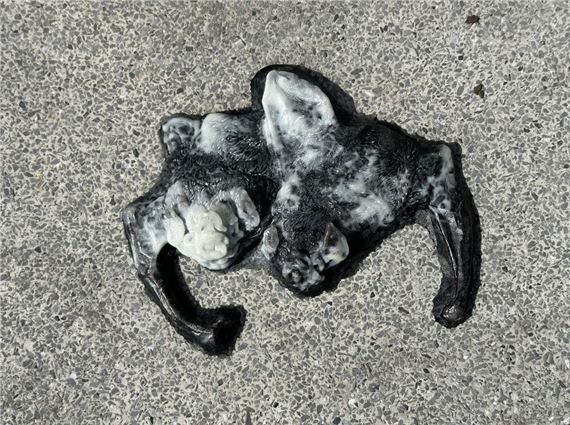
Recommended for you
Vampire Bats shed light on the ubiquity of queerness within human, animal, and more-than-human worlds. Reciprocal feeding is an armature that sustains clusters of Vampire Bat colonies. Queer behaviors include feeding, grooming, and same-sex pair bonding extending beyond normative kinship relations.
States of survival are heavy cloaks under which queer and trans beings estranged from blood families often find ourselves exposed in daylight, burning. Yet Vampire Bats reciprocally feed fellow Bats with whom they are not directly genetically related.
Scientists were curious as to why Vampire Bats engage in such evolutionarily costly and potentially fatal behavior. Vampire Bats cannot survive for more than two days without food. Deepening the confusion, reciprocal feeding appears to bear no direct impact on an individual Bat’s familial or reproductive bloodline.
To test their theories, scientists starved—to be painfully fair, the authors used the word fasted—Bats in labs to gain insights into the benefits of sharing. Is torture necessary to prove that love and sharing make the world survivable? Queer and trans people often survive exclusively through non-normative kinship and care among our fellow nightwalkers.
The Bat biologist Dr. Merlin Tuttle stated that the greatest threat to Bat populations worldwide is human fear. Thousands of Bats are exterminated in a single blaze, burned alive in caves. Humans are afraid of Bats as mythical transmitters of rabies, when in fact, one is ten times more likely to contract rabies from a domesticated Dog than a Bat.
Given the number of anti-trans bills over the last three years, I would argue that in the United States, like Bats, one of the greatest threats to the survival of queer and trans humans is human fear.
The transmissibility of zoonotic diseases quickly reminds humans how truly animal we are, how fragile we are, and how easily we may disappear. Yet, if the light is turned to highlight a gentler angle, we may see the beauty of interconnection outlined by our porous animal bodies.

 ARTISTS
ARTISTS
